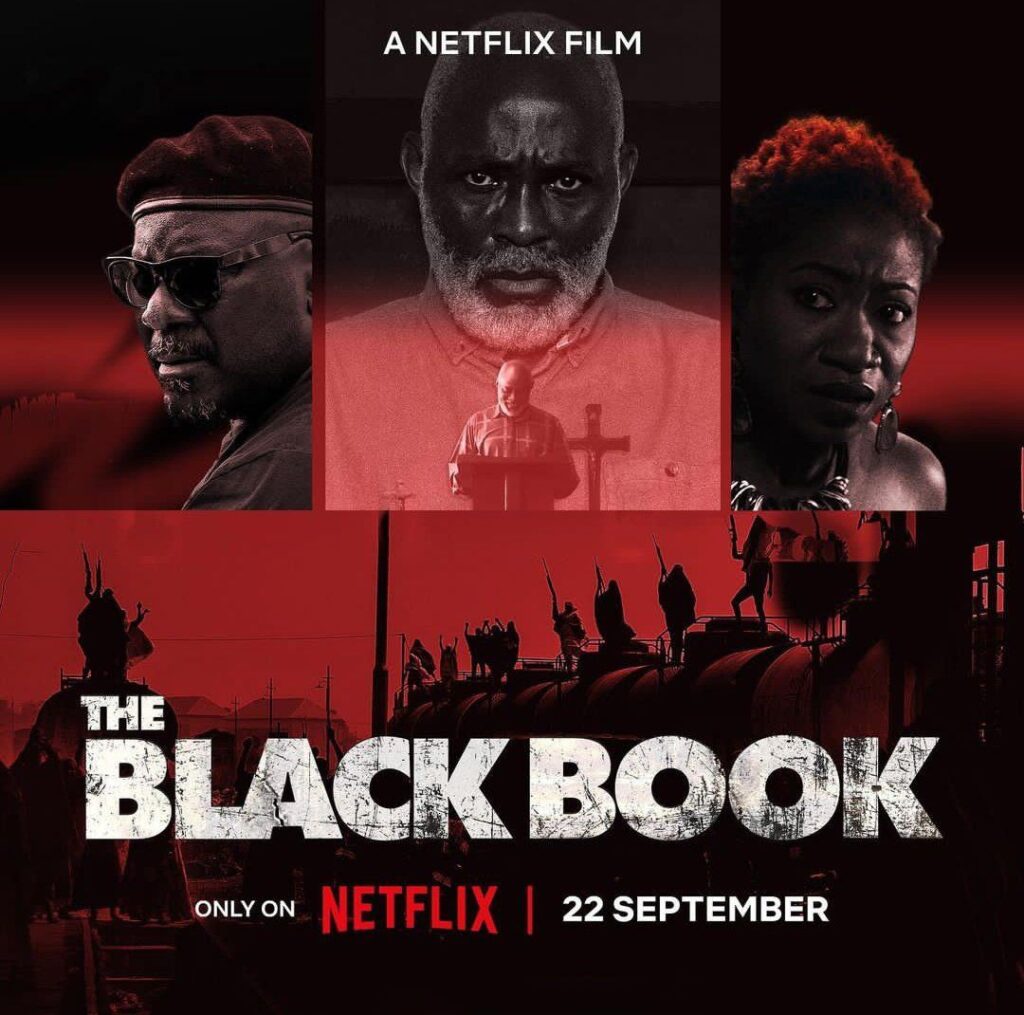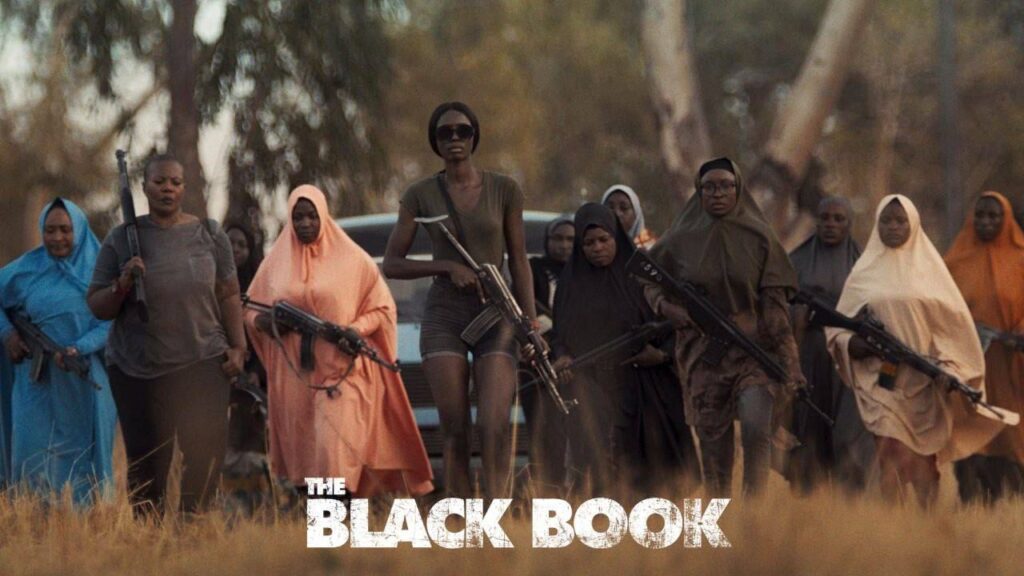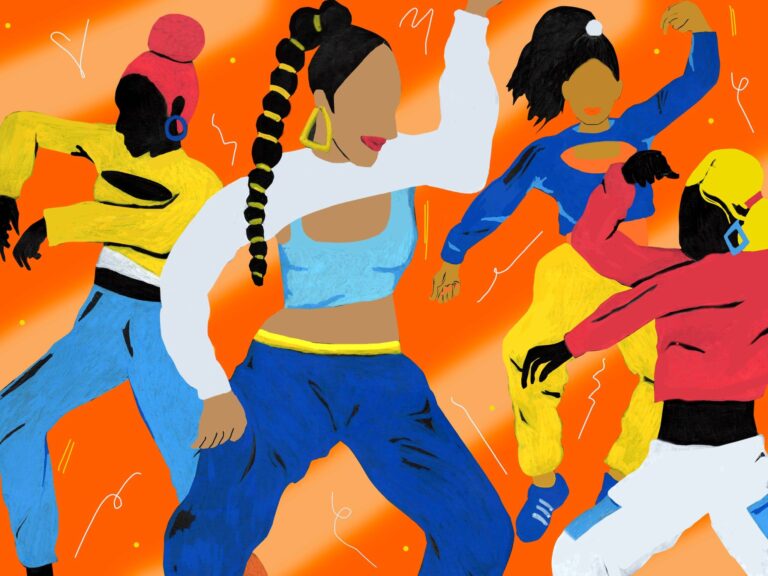“The Black Book” has stormed onto the global stage with remarkable success, claiming the Number 1 spot on Netflix worldwide in its first few days of release and amassing an astounding 6 million views during this initial week. This astonishing viewership achievement highlights not only the film’s immediate popularity but also its profound impact on audiences around the world.
The film’s rapid ascent to the top of Netflix’s rankings is a testament to its universal appeal and the compelling storytelling crafted by Editi Effiong and the talented film crew. It solidifies the film’s status as a cinematic tour de force and underscores the growing influence of African cinema on the global stage.

Set against the backdrop of Nigerian politics and power dynamics, “The Black Book” takes viewers on an electrifying journey into a world where morality is tested, justice is a luxury, and individuals grapple with the consequences of their choices in the relentless pursuit of power.
At the heart of ‘The Black Book’ is its enigmatic protagonist, Paulo, brilliantly portrayed by Richard Mofe-Damijo. Paulo’s character undergoes a profound transformation throughout the film, mirroring the evolving moral landscape of the story. As audiences follow his journey, they become deeply invested in his struggle for redemption and closure in the wake of a devastating personal loss. Paulo’s character arc is a testament to the film’s intricate character development, taking viewers on an emotional rollercoaster as they witness his inner turmoil and growth. His multifaceted portrayal adds a layer of depth to the narrative, making ‘The Black Book’ not just an action-packed thriller but also a compelling character study.
In ‘The Black Book,’ the portrayal of women is another standout feature that deserves recognition. The film goes beyond traditional gender roles and showcases the essential contributions of women to the story’s development and the ultimate triumph of our heroes. Notably, the role played by Shaffy Bello. This dynamic portrayal underscores the influential role of women in nation-building.

The film raises profound questions about the nature of evil, redemption, and the complexities of human decision-making. It challenges traditional notions of heroism and justice, leaving audiences with much to contemplate long after the credits roll.
‘The Black Book’ serves as a poignant reminder of the significant and multifaceted contributions of women in shaping the course of events and ensuring justice prevails.
In summary, “The Black Book” is a cinematic phenomenon that has not only broken records but also broken new ground for African filmmaking. Its overwhelming initial viewership success on Netflix is a testament to its universal resonance and the outstanding storytelling prowess of its creators. This film not only celebrates African cinema’s rise to prominence but also sets a high bar for future filmmakers worldwide. It’s an action-packed masterpiece that demands attention and reflection, making it a must-watch for cinephiles seeking an unforgettable and thought-provoking experience.




